At 10:30 a.m. in Grand Junction’s Lincoln Park, thousands of people gathered for the 2018 Women’s March, which followed a route down 12th Street, to Grand Ave., and finally ending at the Old County Courthouse on Rood Ave. for a post-march rally.
The Women’s March, a movement started in 2017 in response to the political climate surrounding the election of US President Donald Trump, is the nation’s largest organized protest in history, according to the Western Colorado Days of Action Facebook Page.
Marchers carried signs—one man’s read “I march for my daughter,” another young girl carried one with a Malala quote: “If one man can destroy everything, why can’t one girl change it?”
Though the march’s purpose did not explicitly focus on Trump, many of the chants throughout the march route did. Marchers chanted “Not my president” at one point, and “Down with Trump” during another portion. However, many of the concerns were broader than Trump himself, demonstrated by chants such as “Our bodies, our choice” and “Healthcare is a right.”
Some of the pink knit hats, made famous by the Pussyhat Project during the 2017 marches, were also dusted off and worn during the event, despite the national controversy over whether or not the pink hat is an inclusive symbol.
Colorado Mesa University (CMU) Associated Student Government (ASG) Vice President Gabby Gile attended the march this year, which she said was a “positive” experience. Though Gile saw many CMU students at the event, she said the majority of marchers were community members.
“It was good to see activity in the GJ community,” Gile said. “I feel like we get really isolated on campus.”
Gile said that the attention to multiple issues at the march, such as the Deferred Action for Childhood Arrivals decision by the Trump Administration and sexual assault, was interesting. For Gile, the focus on sexual assault awareness was especially important, and something she would like ASG to focus on second semester.
Though Gile said based on her experience as a Resident Assistant, CMU already handles sexual assault cases in a better manner than other universities, she would like to see ASG work to improve CMU’s policies, possibly by working with ASG Director of External Affairs Chrystina Meador, who researched these policies for her senior thesis.
Despite a busy schedule, Gile said she was glad she made time to attend the march for a couple hours on Saturday.
“It felt like a real safe space to see people act politically,” Gile said.
Despite the focus on women during the event, in her introduction to the rally, Western Colorado Days of Action Organizer Jeriel Brammeier made it clear that the march was also for all minority groups, and stated that even though their list of speakers had no LGBTQ representative, the march was also in support of that specific Grand Junction community as well.
The speaker’s list reflected this inclusivity, beginning with Erin Riccio, a field organizer with Conservation Colorado, who spoke on intersectionality, which is the relationship between identity and power structures. Riccio’s point was simple, and integral to the message of the 2018 march: under an umbrella term like feminist, there’s no single identity that can encompass each and every individual in the group.
The next speaker, Emad Shahnooshi from the Muslim Youth Leadership Council, spoke on gender and Islamophobia.
“I want to widen our scope of inclusivity,” Shahnooshi said during his speech, in which he explained how Islam is not inherently oppressive to women, and how some women choose to wear the hijab.
In concordance with his inclusivity statement, Shahnooshi warned attendees to not become pitted against other minority groups, as some narratives have attempted to pit LGBTQ people against Muslims.
After a song break from Western Colorado singer/songwriter Ellen Stapenhorst, Black Lives Matter Grand Junction Organizer Sam Harris shared a personal story about how she and her autistic son depend on Medicaid for the support she needs as a single mother.
“We, as a nation, are only as good as how we treat our most vulnerable,” Harris said.
Harris’s testimony in support of Medicaid and public education was followed by another song break by singer/songwriter Tayla Dewey.
The final and keynote speaker at the rally, Kathryn Rodriquez, spoke on an issue that was close to home following the confusion and fear during the Trump Administration’s fall decision to repeal the DACA program and the continued promises of a new border wall.
Rodriquez, from a border town in Arizona, asked the audience, “What happens when border walls go up?” Her answer: “Nothing good.”
After personal stories about this issue, Rodriquez ended her speech with a call to action.
“Silence allows space for injustice to grow,” Rodriquez said, and continued to urging marchers to “get to work” on the issues that matter to them.
Following the conclusion of Rodriquez’s speech, Brammeier asked the crowd for one more chant of “Yes, we can,” followed by its companion chant in Spanish, “Si, se puede.”
Following the rally, an after party took place at Mesa Theater for those who stayed around, while other marchers began the walk back to Lincoln Park.




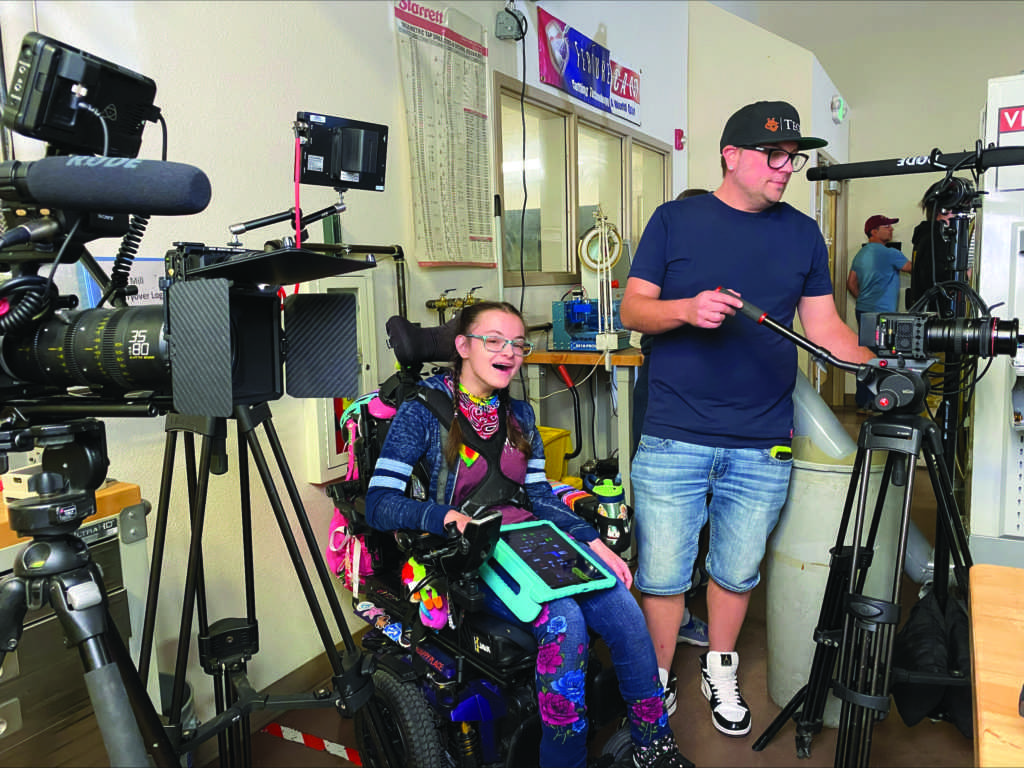


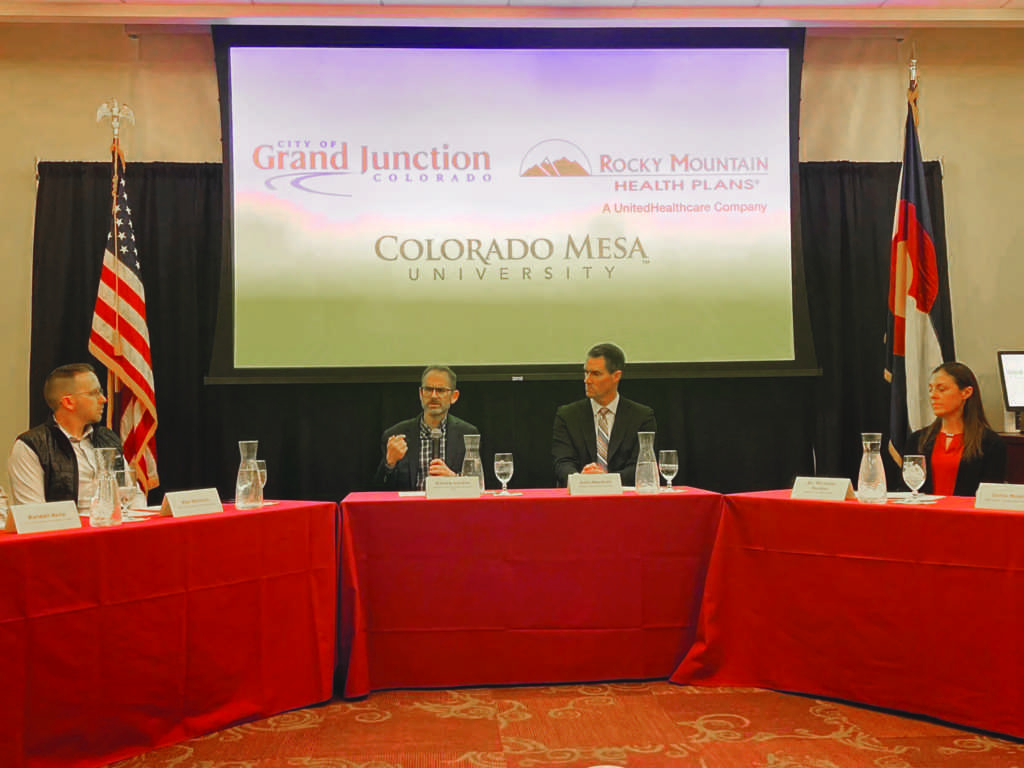
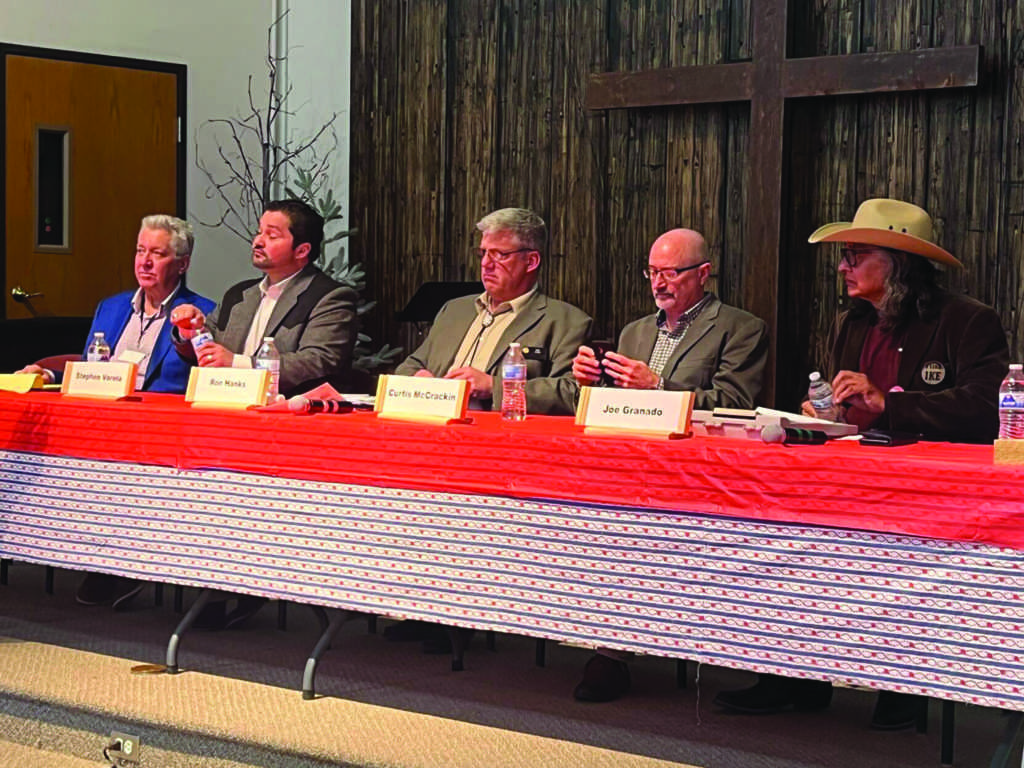
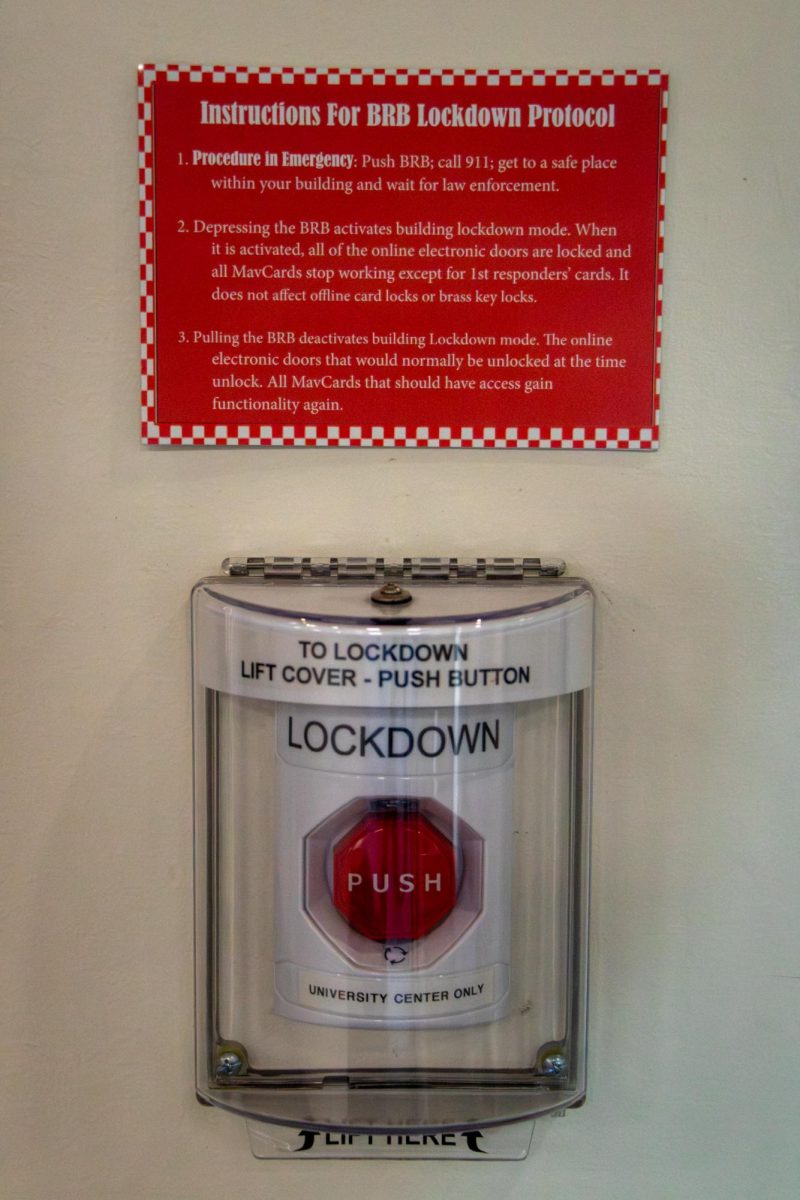
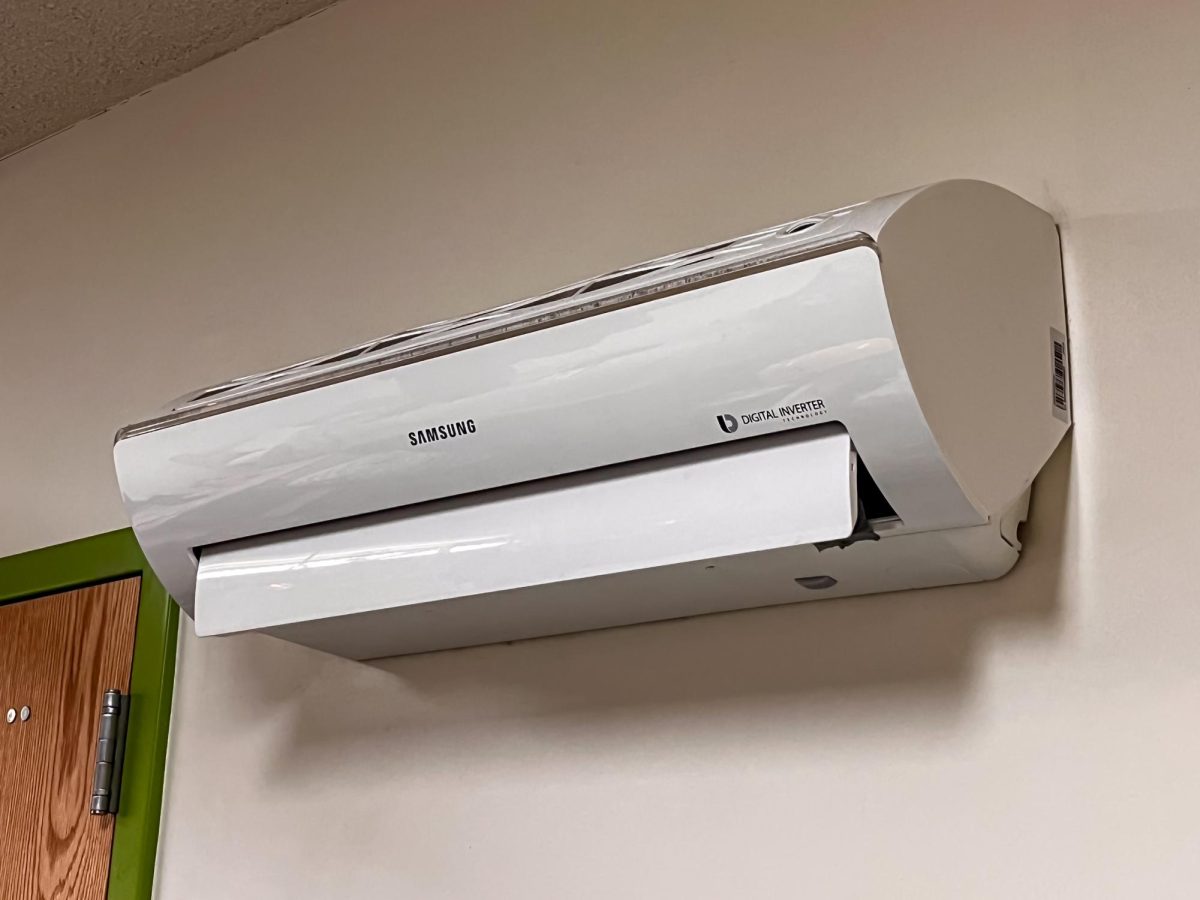

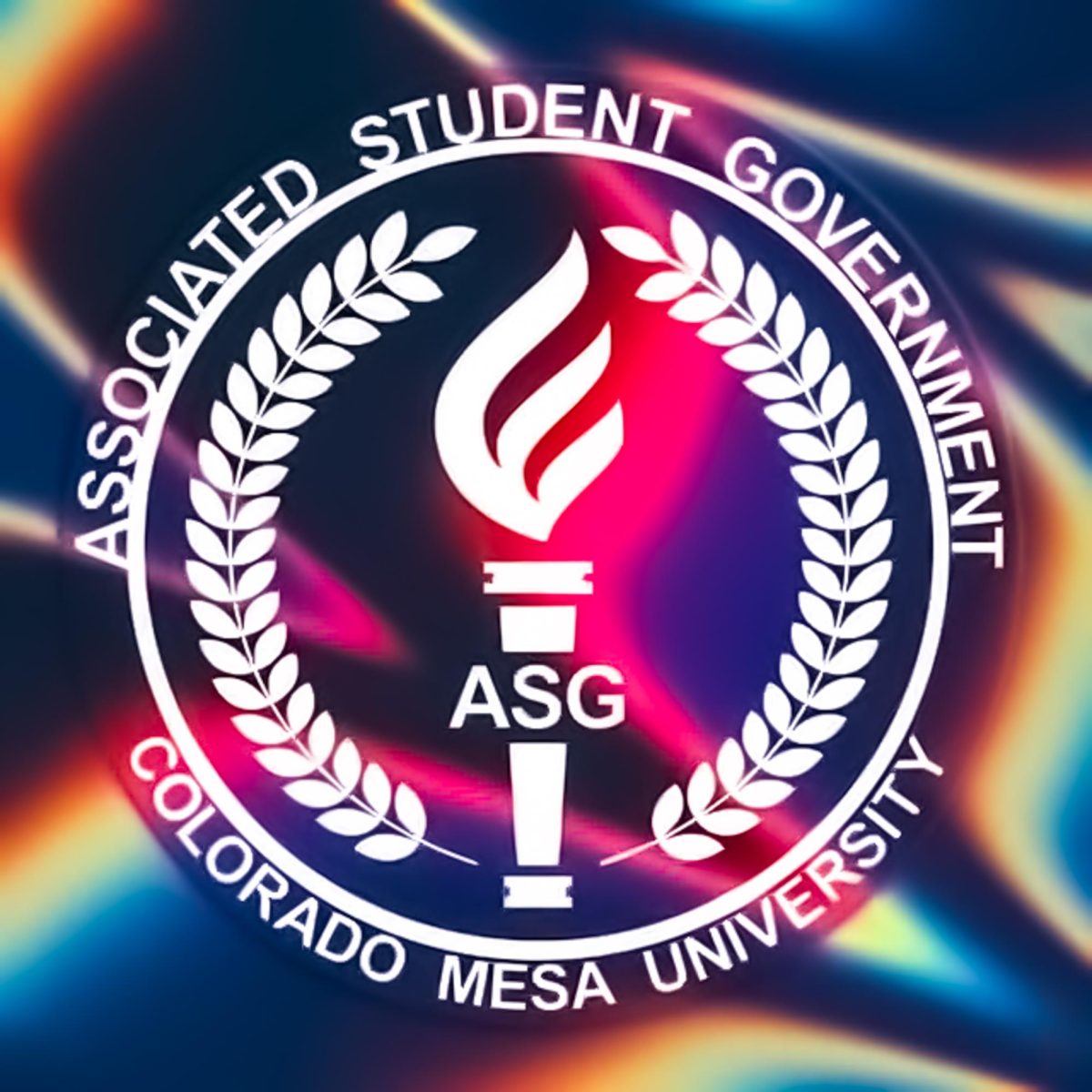

Heidi • Jan 24, 2018 at 12:57 am
Good God, still Butthurt a year later!
Mary • Jan 23, 2018 at 8:53 am
Yours is the best coverage I have seen of the March. Nicely done!